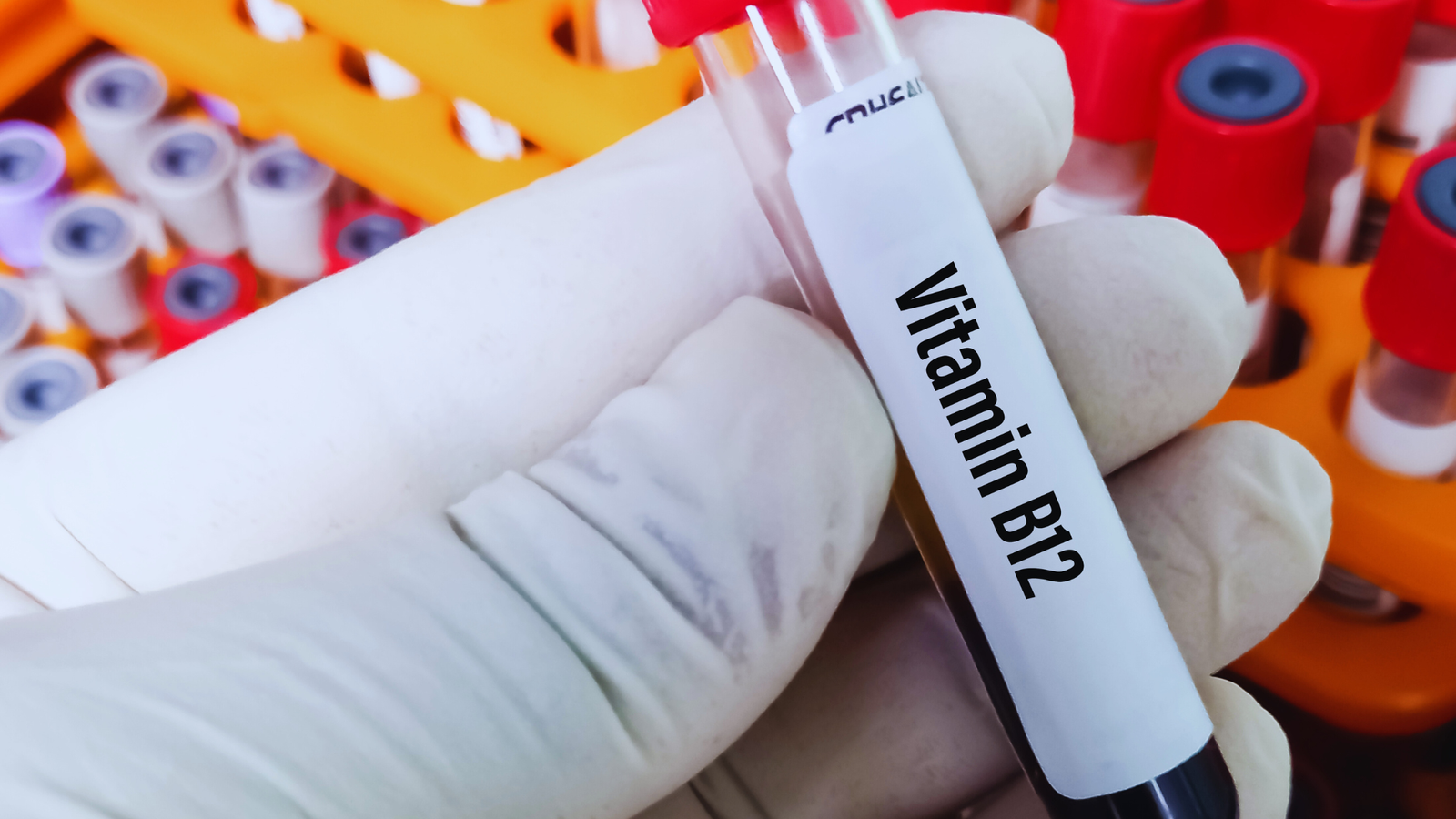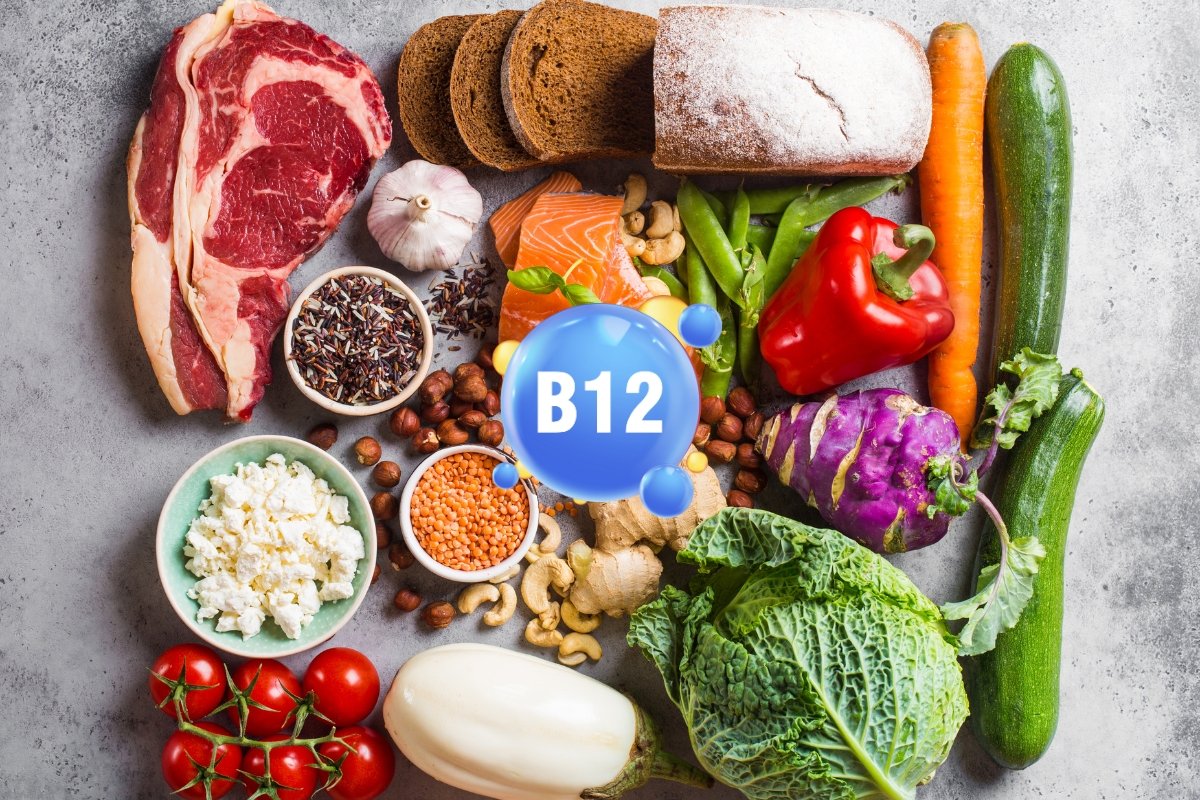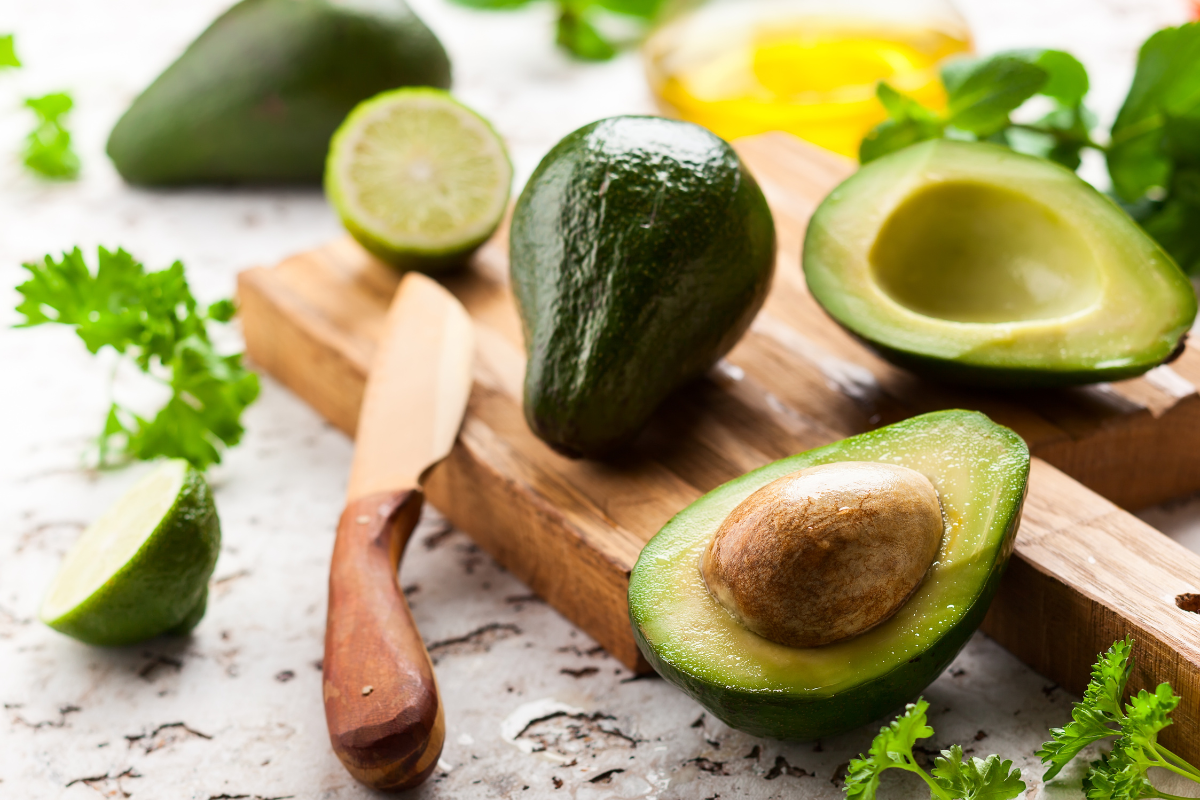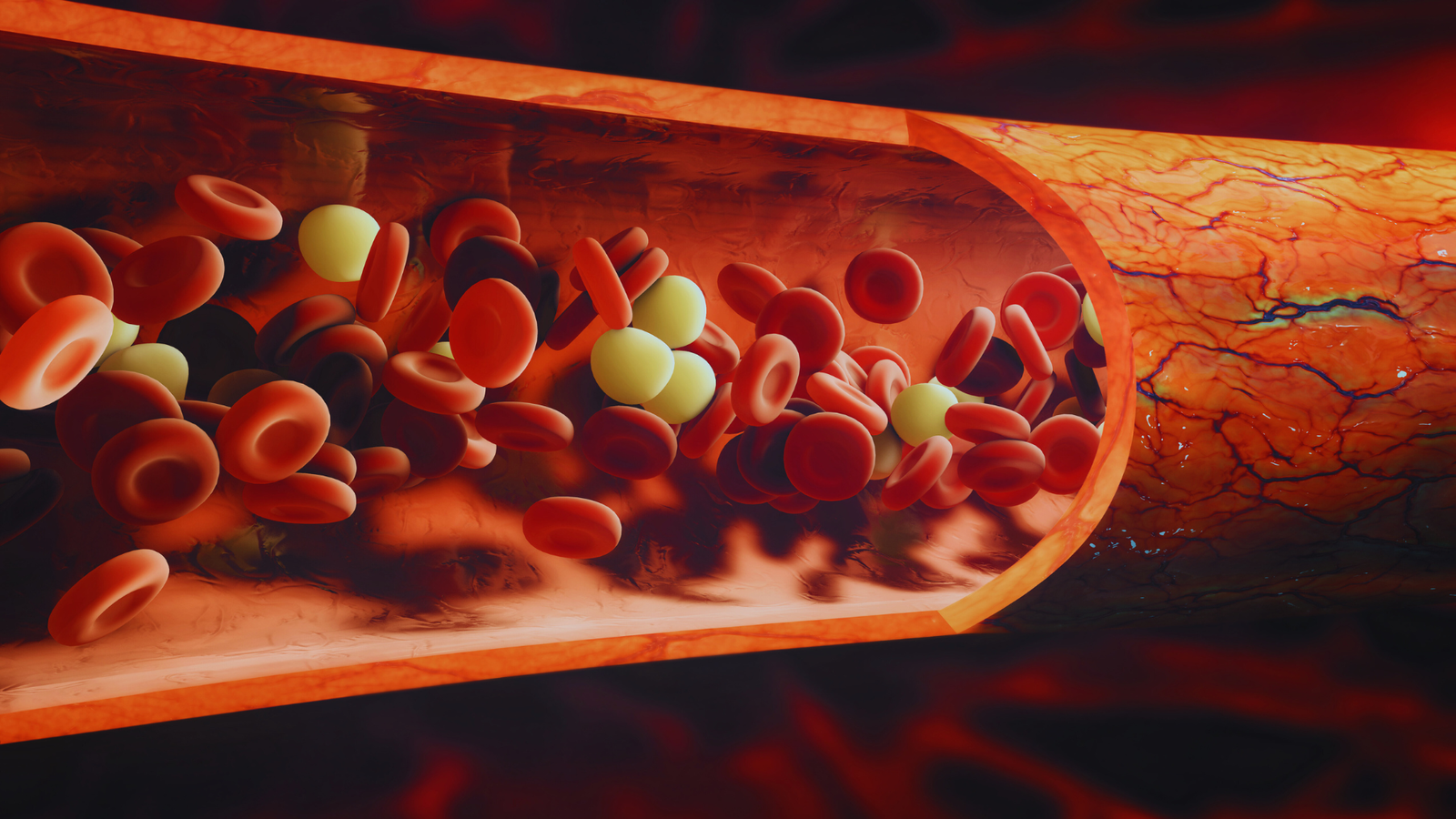Vitamin B12, also known as cobalamin, is a crucial nutrient that plays a vital role in the functioning of the brain and nervous system, as well as in the formation of red blood cells.
Despite its importance, many people suffer from vitamin B12 deficiency, which can lead to a range of health issues, including anemia, fatigue, muscle weakness, and neurological problems.
One of the most effective ways to manage and prevent vitamin B12 deficiency is through diet. While it is important to consume foods rich in vitamin B12, it is equally crucial to be aware of foods that can interfere with B12 absorption or exacerbate the deficiency.
In this article, verified by Ms. Reema Madhian, a certified Dietitian and Nutritionist, we will explore the foods to avoid if you are dealing with vitamin B12 deficiency and why steering clear of these foods is beneficial for your health.
The Role of Vitamin B12 in the Body
Before diving into the foods to avoid, it is essential to understand the role of vitamin B12 in the body. Vitamin B12 is involved in the following processes:
- Red Blood Cell Formation: Vitamin B12 is necessary for the production of red blood cells. Without adequate B12, red blood cells can become enlarged and irregular, leading to a condition known as megaloblastic anemia.
- Nervous System Health: Vitamin B12 is crucial for maintaining the health of nerve cells. It helps produce myelin, the protective coating around nerves, ensuring proper nerve function.
- DNA Synthesis: B12 is involved in the synthesis of DNA, the genetic material in all cells. This process is essential for cell division and growth.
- Energy Production: Vitamin B12 plays a role in converting food into energy. A deficiency can lead to fatigue and weakness due to impaired energy metabolism.
Symptoms of Vitamin B12 Deficiency
A lack of vitamin B12 can manifest through various symptoms, which can range from mild to severe. Common symptoms include:
- Fatigue and weakness
- Anemia
- Numbness or tingling in the hands and feet
- Difficulty walking and balance problems
- Cognitive issues such as memory loss and confusion
- Mood changes, including depression and irritability
- Glossitis (inflamed tongue) and mouth ulcers
Given the critical functions of vitamin B12, it is important to maintain adequate levels through diet and, if necessary, supplements.
However, certain foods can interfere with B12 absorption or exacerbate the deficiency. Let’s explore these foods in detail.
Foods to Avoid with Vitamin B12 Deficiency
- Processed Foods
Processed foods, including ready-to-eat meals, fast foods, and snacks, are often low in essential nutrients, including vitamin B12. These foods are typically high in unhealthy fats, sugars, and artificial additives, which can negatively impact overall health and nutrient absorption.
Why to Avoid: Processed foods can contribute to poor dietary habits and nutritional deficiencies. They lack the necessary nutrients required for optimal health and can interfere with the absorption of vitamins and minerals, including B12. Opting for whole, unprocessed foods ensures better nutrient intake and overall health.
- Sugary Foods and Beverages
Excessive consumption of sugary foods and beverages, such as candies, sodas, and desserts, can lead to a range of health problems, including obesity, diabetes, and nutrient deficiencies.
Why to Avoid: High sugar intake can interfere with the absorption of various nutrients, including vitamin B12. Sugar can also cause inflammation and damage to the gut lining, further impairing nutrient absorption. Reducing sugar intake and opting for natural, nutrient-dense foods can help improve overall health and B12 levels.
- Alcohol
Regular consumption of alcohol can have a detrimental effect on vitamin B12 levels. Alcohol interferes with the absorption and storage of vitamin B12 and can damage the stomach lining, where B12 absorption begins.
Why to Avoid: Alcohol can lead to gastritis, an inflammation of the stomach lining, which impairs the production of intrinsic factor, a protein necessary for B12 absorption. Chronic alcohol consumption can also lead to liver damage, affecting B12 storage. Limiting alcohol intake can help improve B12 absorption and overall health.
- Certain Medications
Some medications can interfere with vitamin B12 absorption. These include proton pump inhibitors (PPIs) used for acid reflux, metformin used for diabetes, and certain antibiotics.
Why to Avoid: Long-term use of these medications can reduce stomach acid production, which is necessary for B12 absorption. If you are on these medications, it is important to discuss with your healthcare provider the potential impact on B12 levels and consider monitoring and supplementation.
- Gluten-containing Foods (for those with Celiac Disease)
For individuals with celiac disease, consuming gluten-containing foods can damage the small intestine, leading to malabsorption of nutrients, including vitamin B12.
Why to Avoid: Gluten triggers an immune response in individuals with celiac disease, causing inflammation and damage to the intestinal lining. This damage can severely impair nutrient absorption, including vitamin B12. Following a strict gluten-free diet is essential for those with celiac disease to ensure proper nutrient absorption.
- High-Fiber Foods (in excess)
While fiber is an important part of a healthy diet, excessive intake of high-fiber foods can interfere with the absorption of vitamin B12, especially in individuals with already low B12 levels.
Why to Avoid: High-fiber foods can bind to vitamin B12 and other nutrients in the digestive tract, reducing their absorption. This is particularly concerning for those with compromised B12 levels. Balancing fiber intake and ensuring adequate B12-rich foods or supplements can help maintain proper nutrient levels.
Foods That Can Help Improve Vitamin B12 Levels
Now that we have covered the foods to avoid, it is important to focus on foods that can help improve vitamin B12 levels. Incorporating these foods into your diet can help prevent and manage B12 deficiency.
- Animal-based Foods
- Animal-based foods are the primary sources of vitamin B12. These include:
- Meat: Beef, pork, lamb, and poultry are rich sources of B12.
- Fish and Seafood: Salmon, trout, tuna, and shellfish such as clams and crab are excellent sources of B12.
- Dairy Products: Milk, cheese, and yogurt provide a good amount of B12.
- Eggs: Eggs, particularly the yolk, contain B12.
- Fortified Foods
For vegetarians and vegans, who may have limited access to animal-based sources of B12, fortified foods can be a valuable source. These include:
- Fortified Cereals: Many breakfast cereals are fortified with B12.
- Fortified Plant-based Milks: Soy, almond, and oat milks often have added B12.
- Fortified Nutritional Yeast: This can be sprinkled on various dishes to boost B12 intake.
- Supplements
In cases where dietary intake is insufficient, vitamin B12 supplements can be an effective way to maintain adequate levels.
These come in various forms, including tablets, capsules, and sublingual (under-the-tongue) forms. Consulting with a healthcare provider can help determine the appropriate dosage and form.
Lifestyle and Dietary Tips for Managing B12 Deficiency
In addition to avoiding certain foods and incorporating B12-rich foods, adopting specific lifestyle and dietary habits can help manage and prevent B12 deficiency:
- Regular Check-ups: Routine blood tests can help monitor B12 levels, especially for those at risk of deficiency, such as older adults, vegetarians, and individuals with certain medical conditions.
- Balanced Diet: Ensuring a balanced diet that includes a variety of nutrients is crucial for overall health and nutrient absorption. Focus on whole foods, lean proteins, healthy fats, and a variety of fruits and vegetables.
- Probiotics: Incorporating probiotics into your diet can help maintain a healthy gut, which is essential for nutrient absorption. Foods like yogurt, kefir, sauerkraut, and kimchi are good sources of probiotics.
- Hydration: Staying well-hydrated supports overall health and digestive function, aiding in nutrient absorption.
- Avoiding Smoking: Smoking can interfere with nutrient absorption and overall health. Quitting smoking can improve B12 levels and overall well-being.
Conclusion
Vitamin B12 is a crucial nutrient necessary for various bodily functions, including red blood cell formation, nervous system health, DNA synthesis, and energy production.
A deficiency in B12 can lead to a range of health issues, making it essential to maintain adequate levels through diet and lifestyle choices.
Avoiding processed foods, excessive sugar, alcohol, certain medications, gluten (for those with celiac disease), and excessive high-fiber foods can help improve B12 absorption and prevent deficiency.
Instead, focus on incorporating B12-rich foods such as meat, fish, dairy products, eggs, and fortified foods into your diet.
Regular check-ups, a balanced diet, probiotics, hydration, and avoiding smoking are additional steps that can help manage and prevent B12 deficiency.
By being mindful of your diet and lifestyle, you can ensure optimal health and well-being, preventing the adverse effects of vitamin B12 deficiency.
This article was verified by Ms. Reema Madhian, a certified Dietitian and Nutritionist, ensuring the accuracy and reliability of the information provided.



